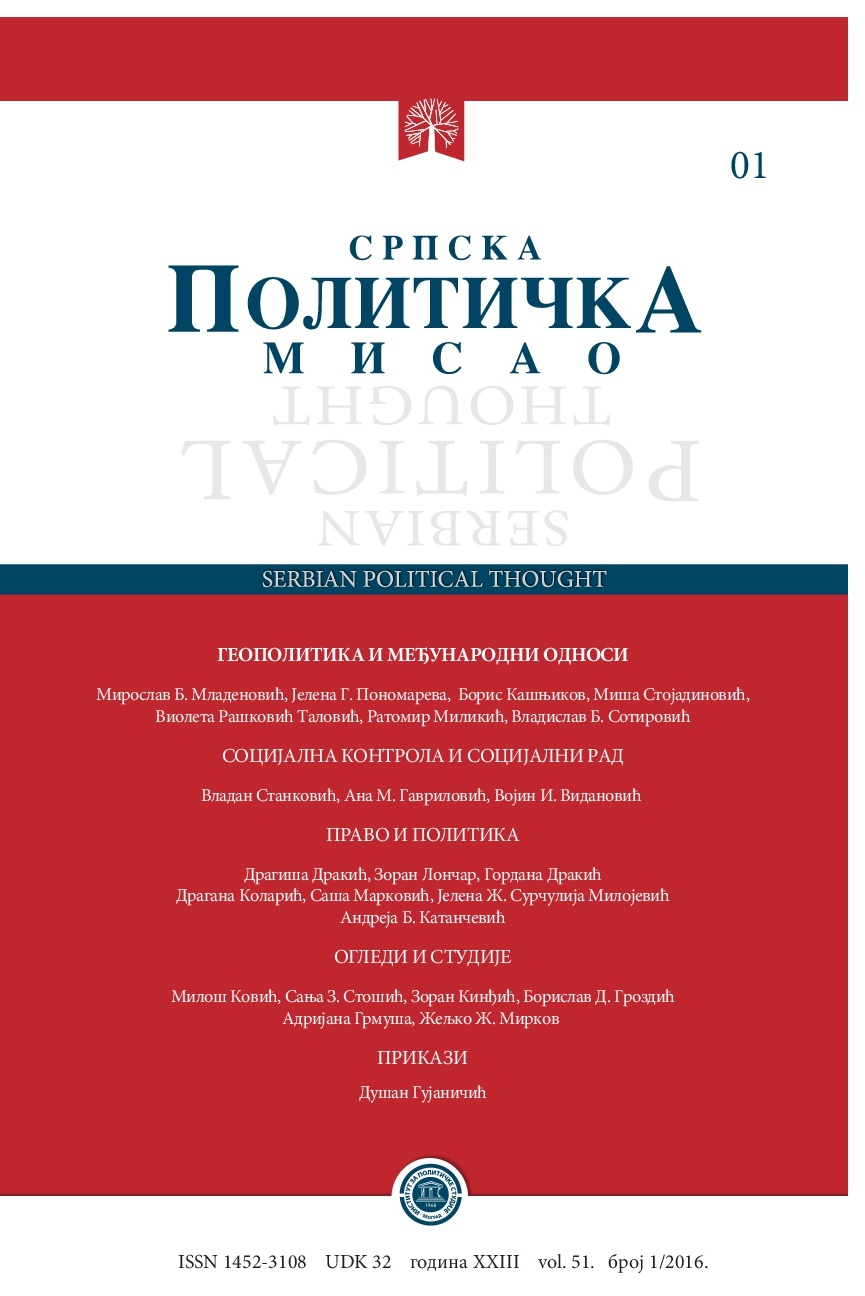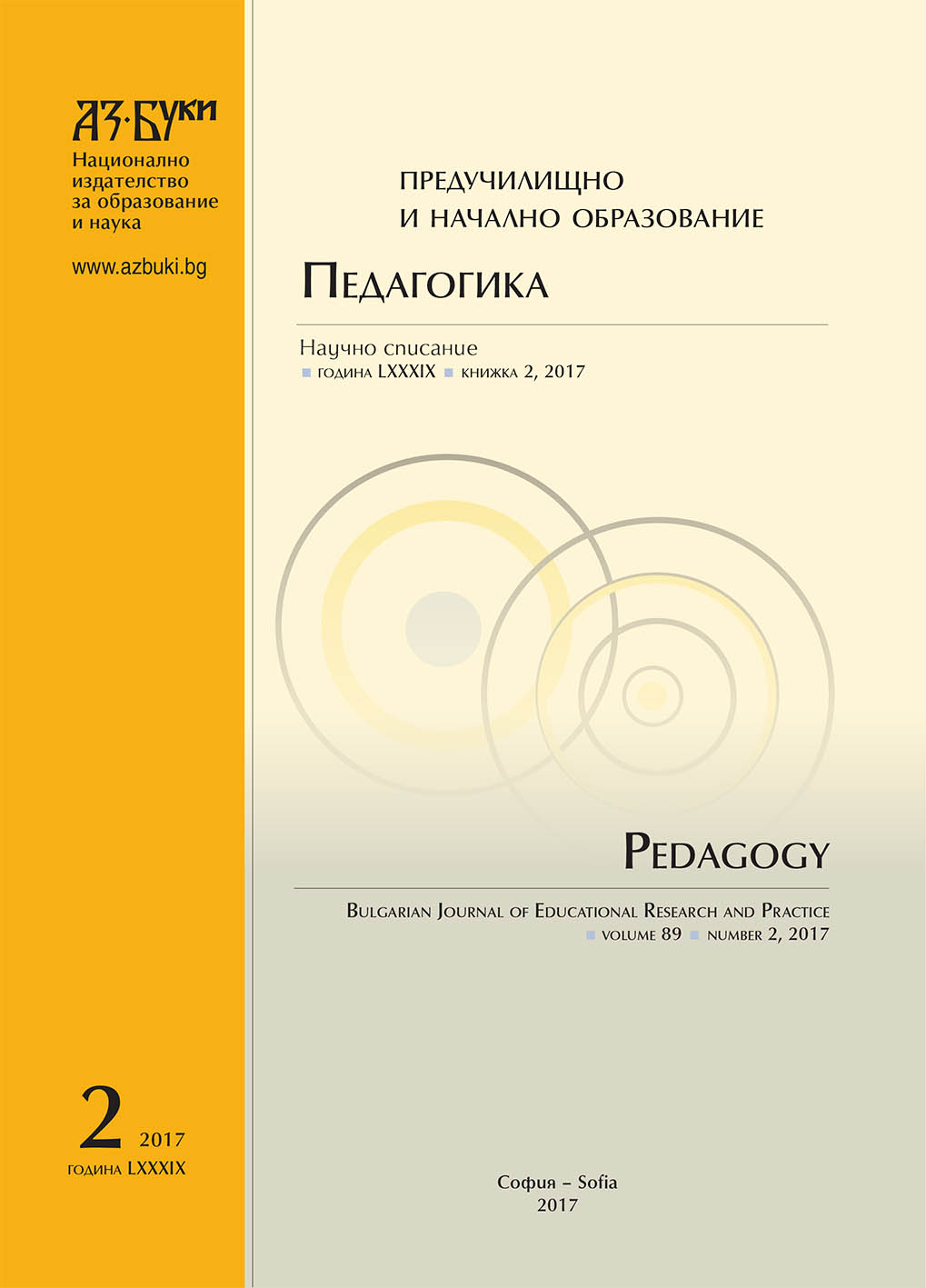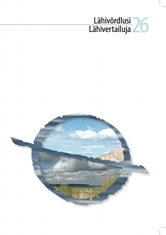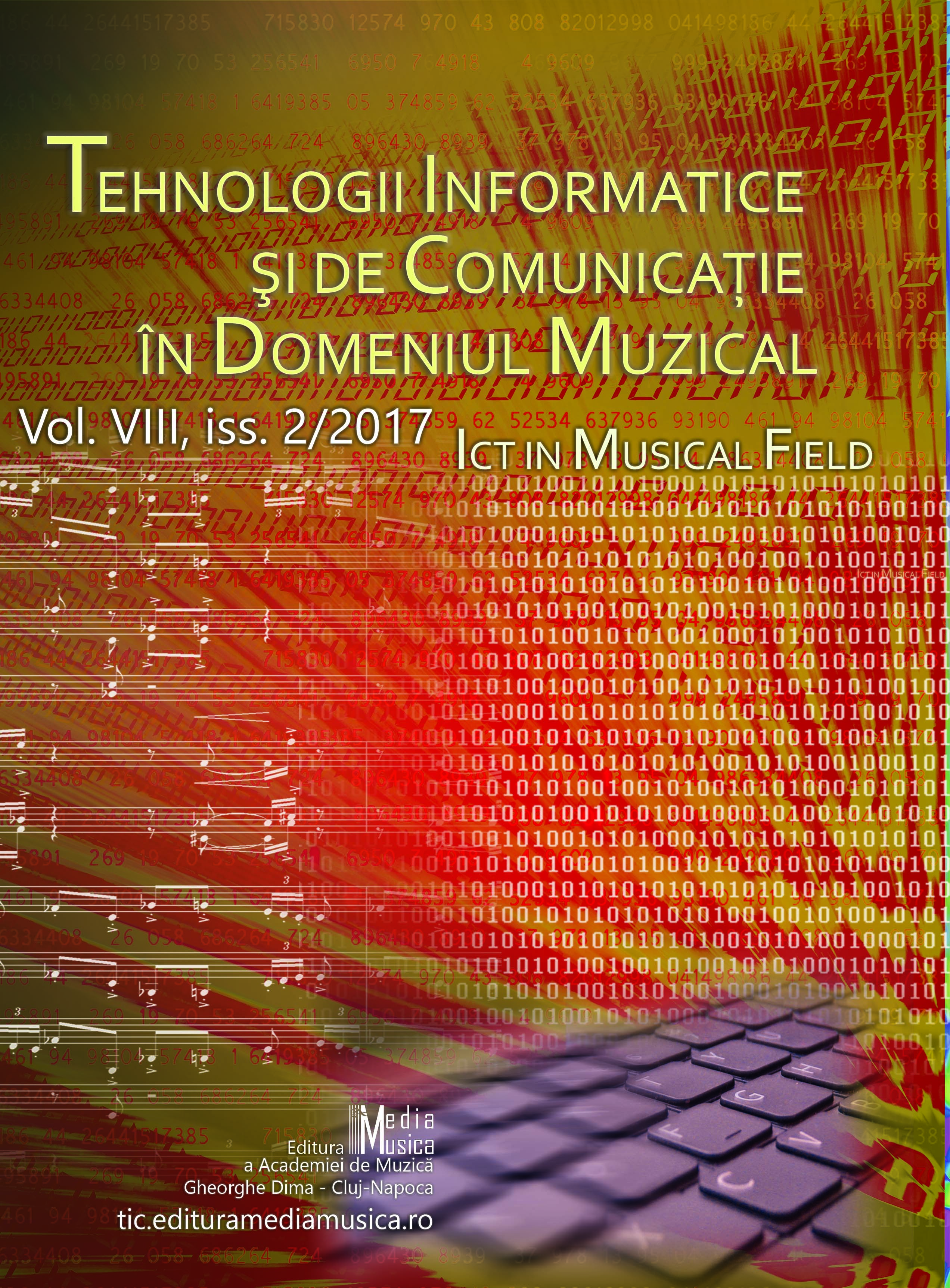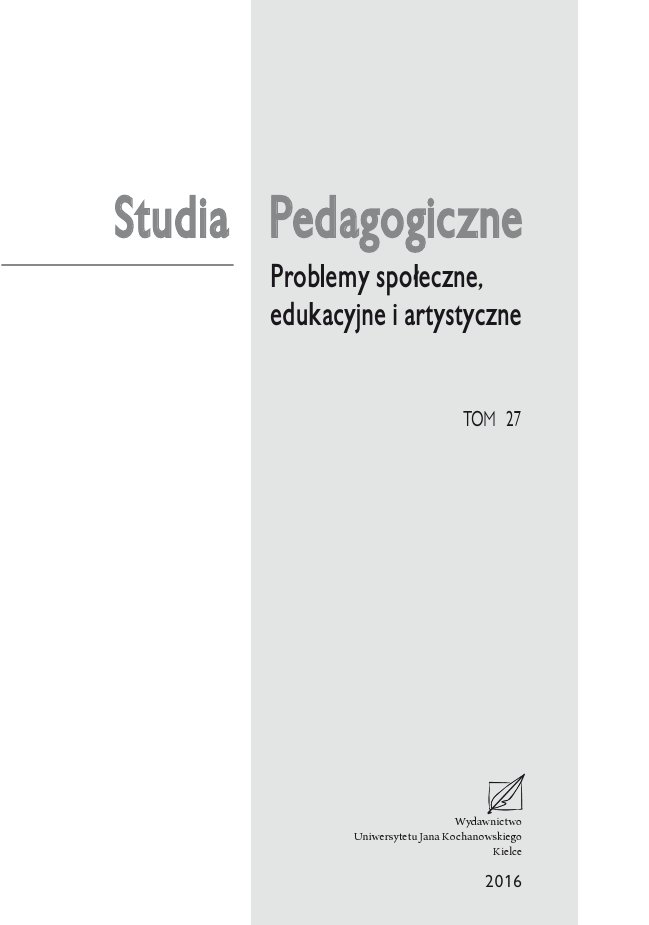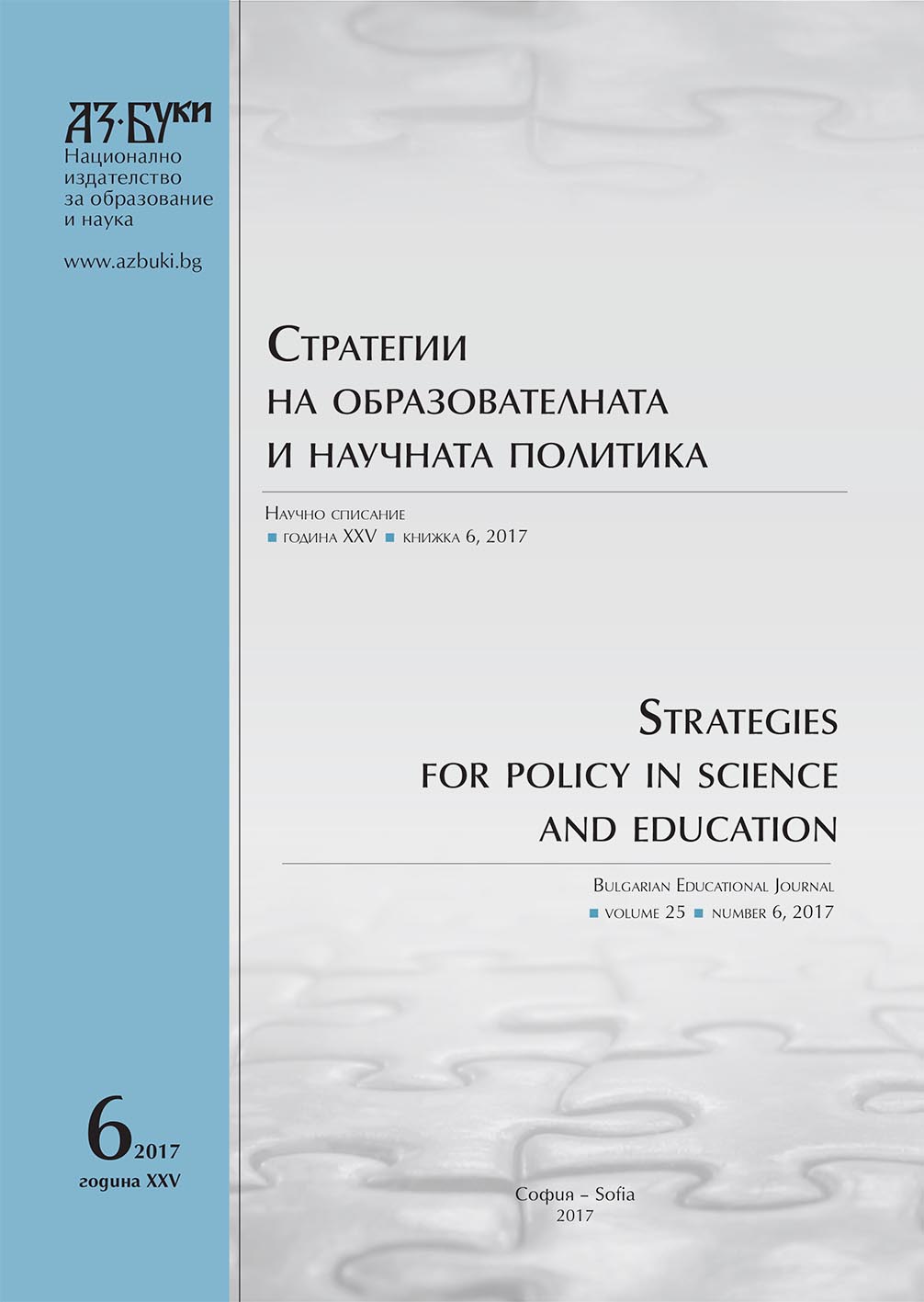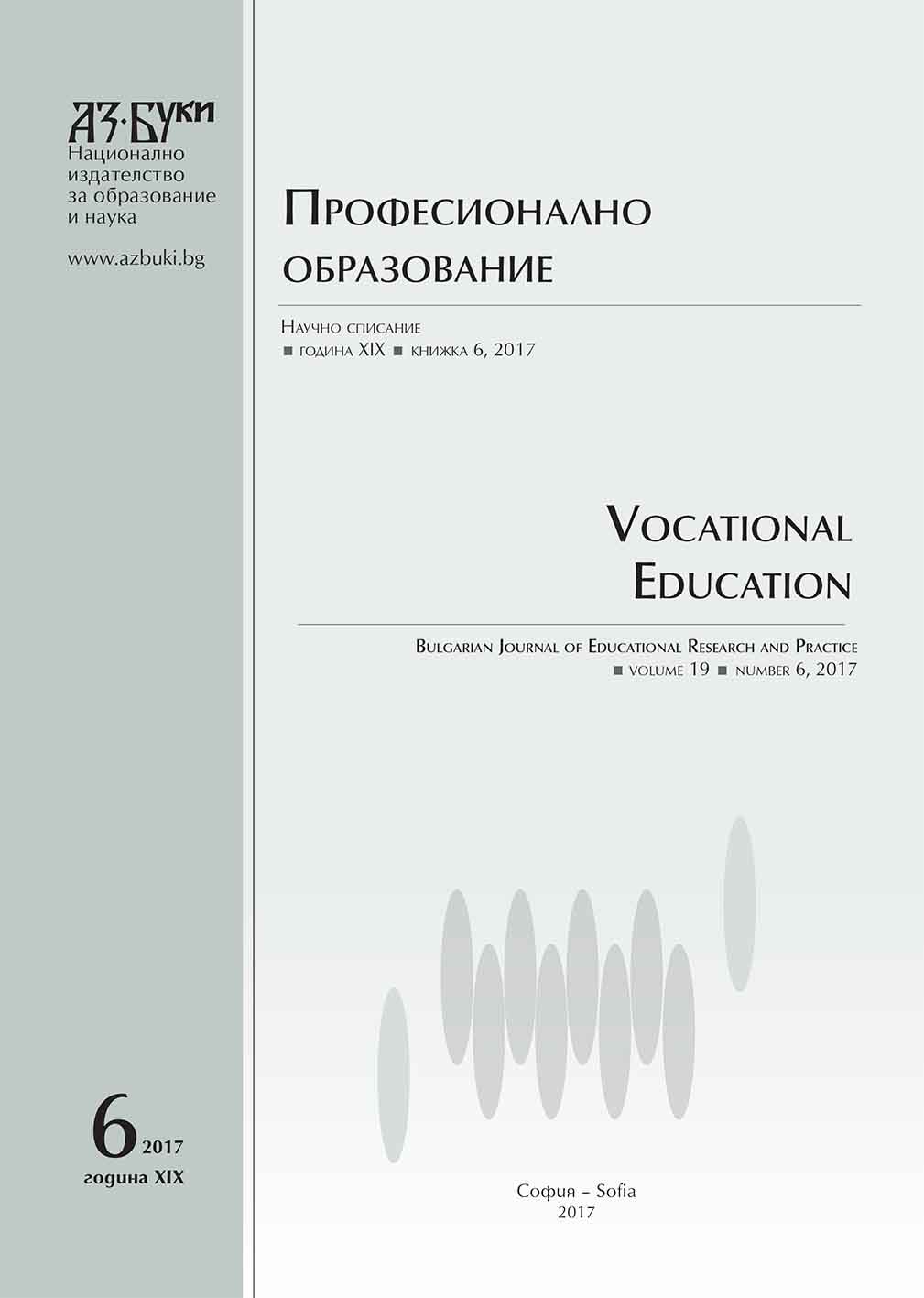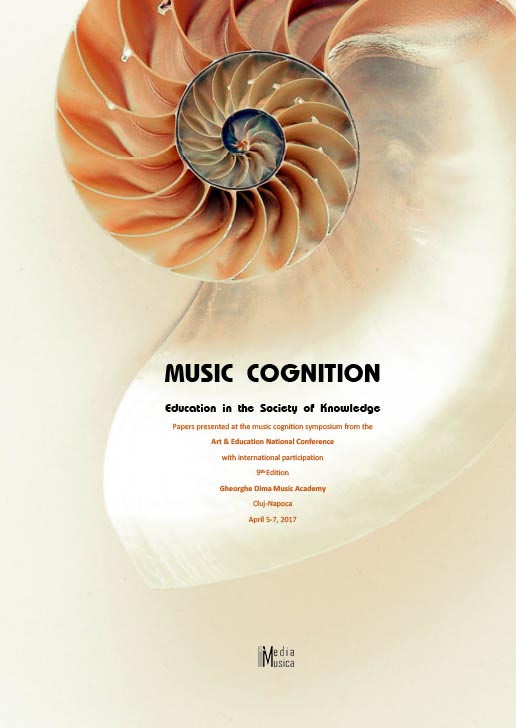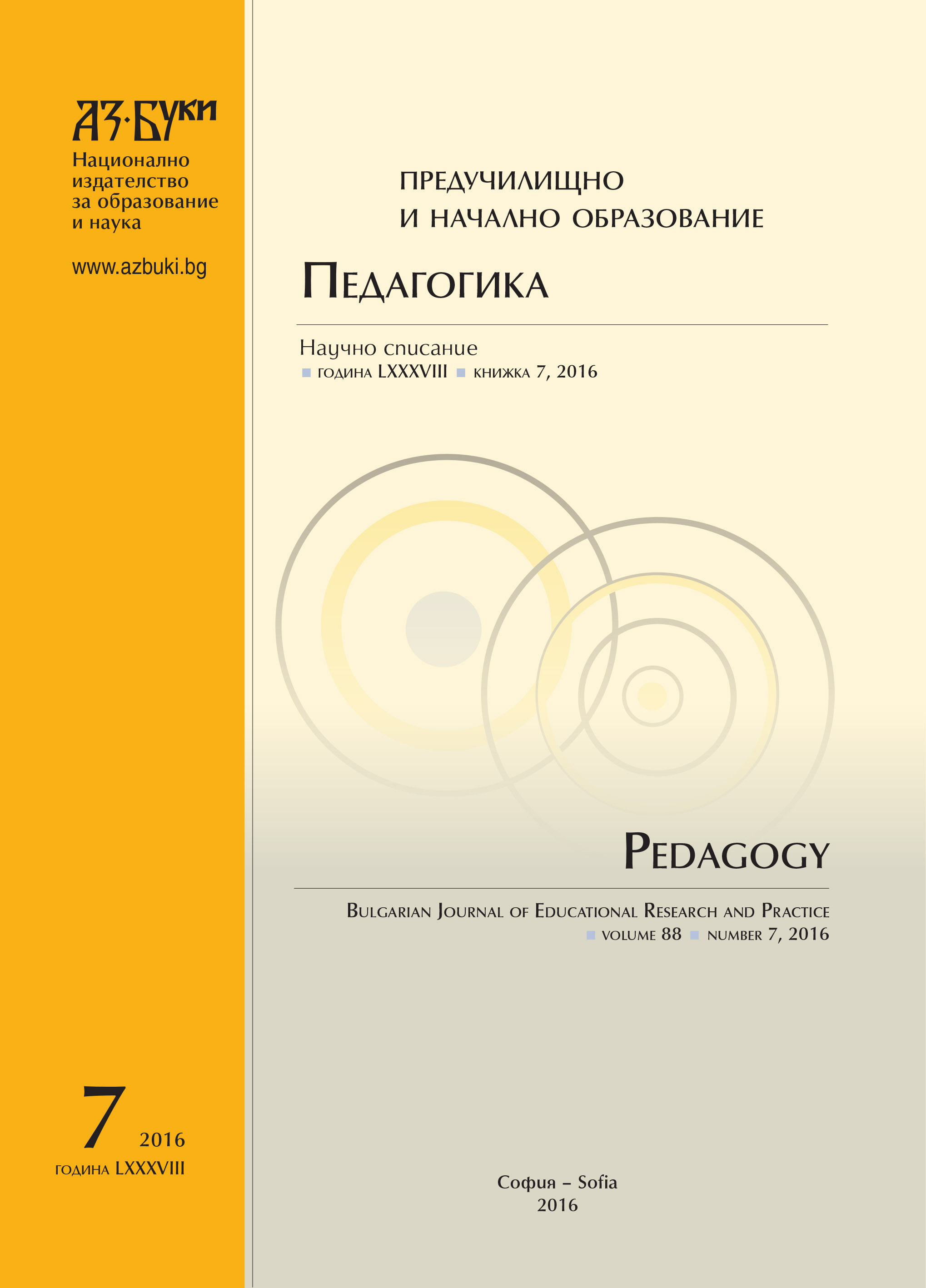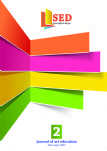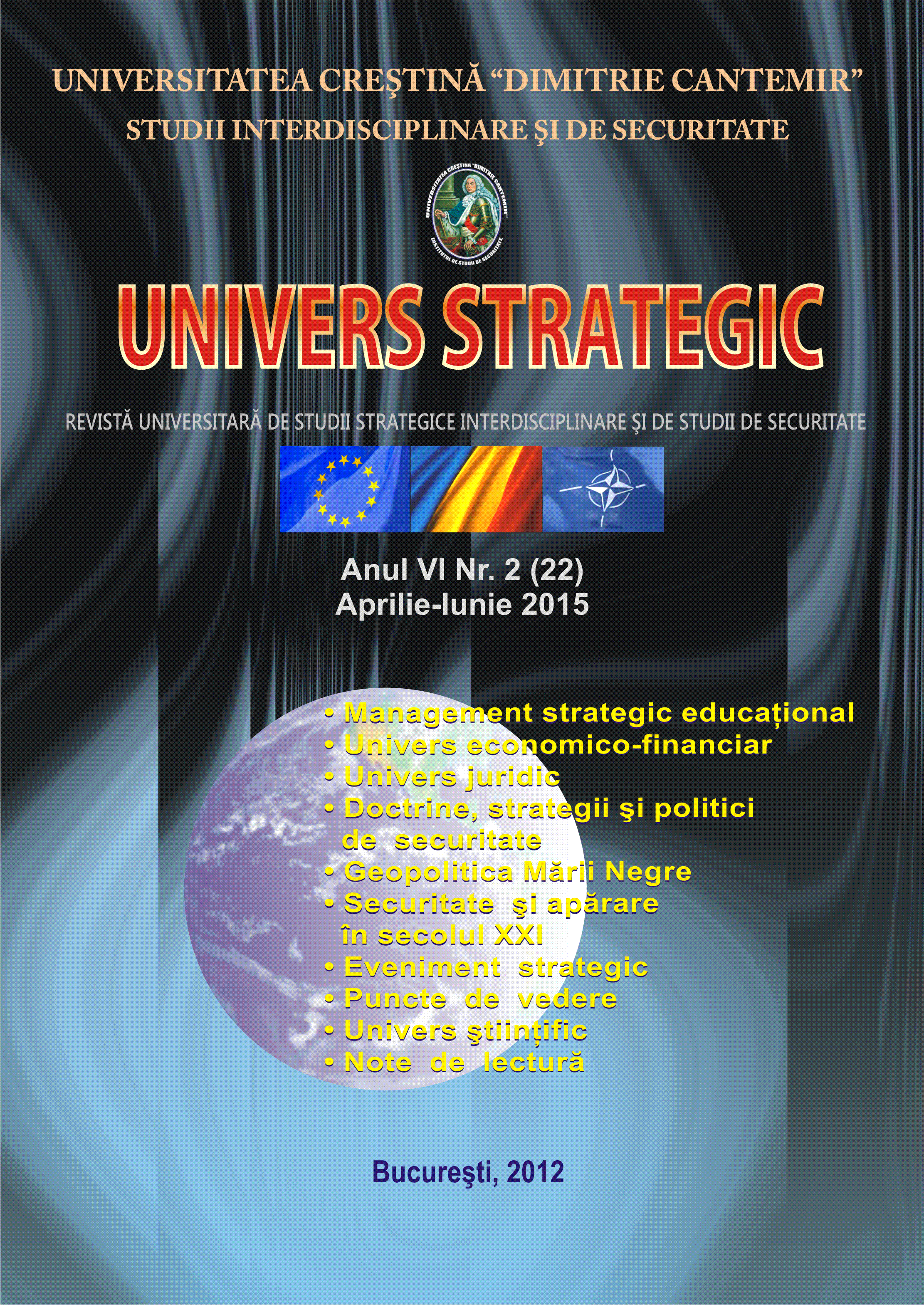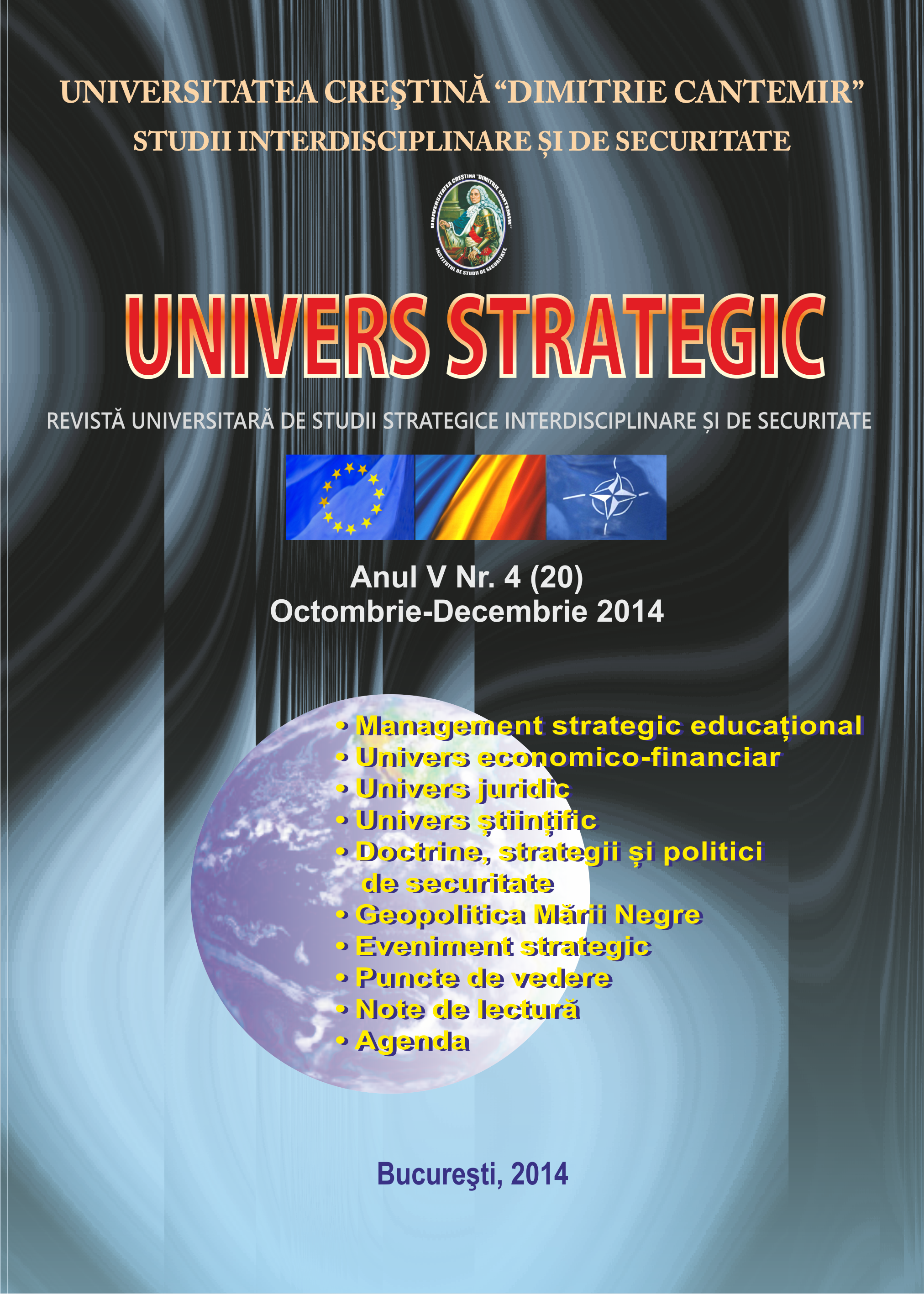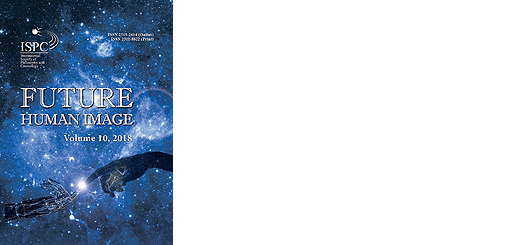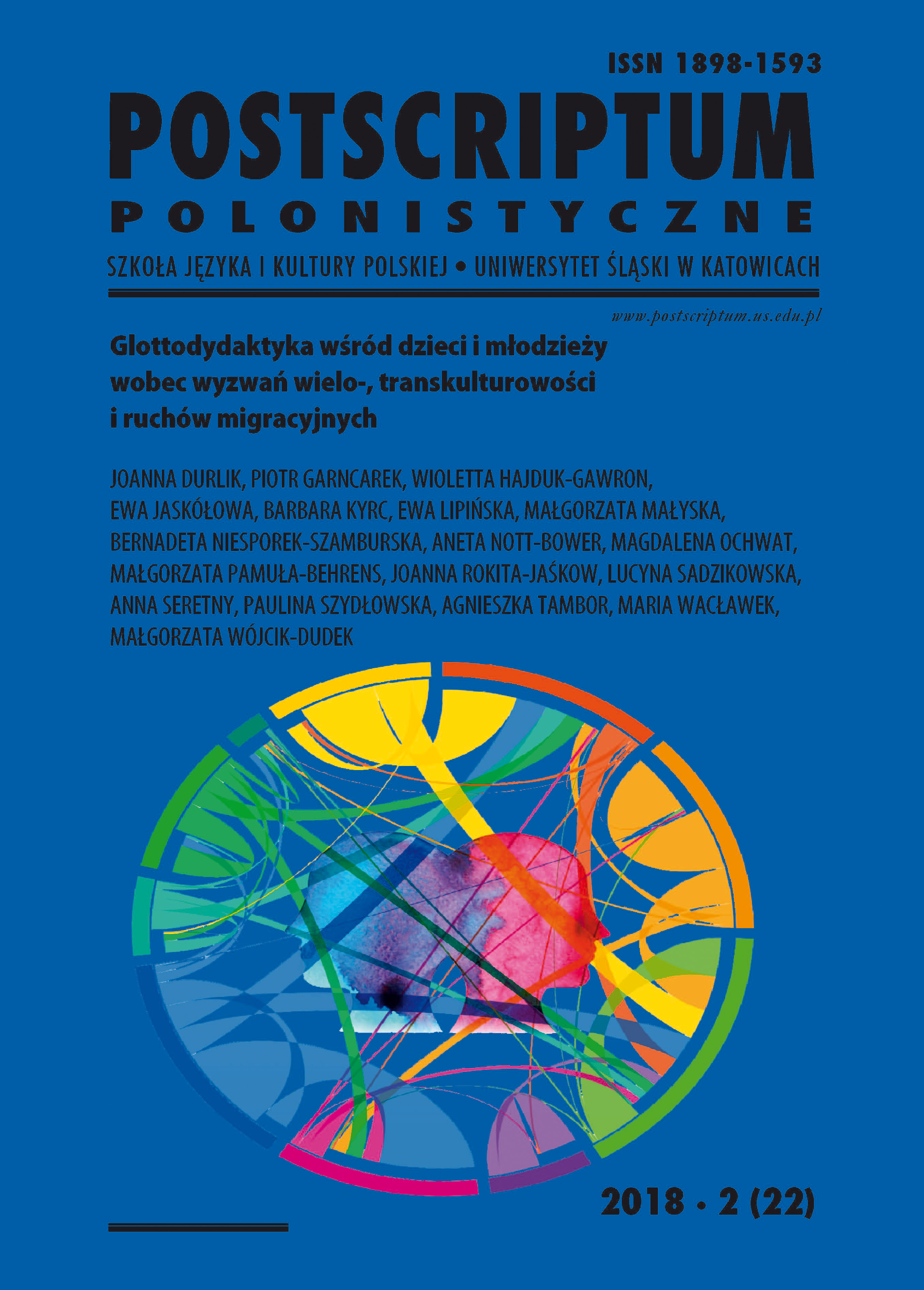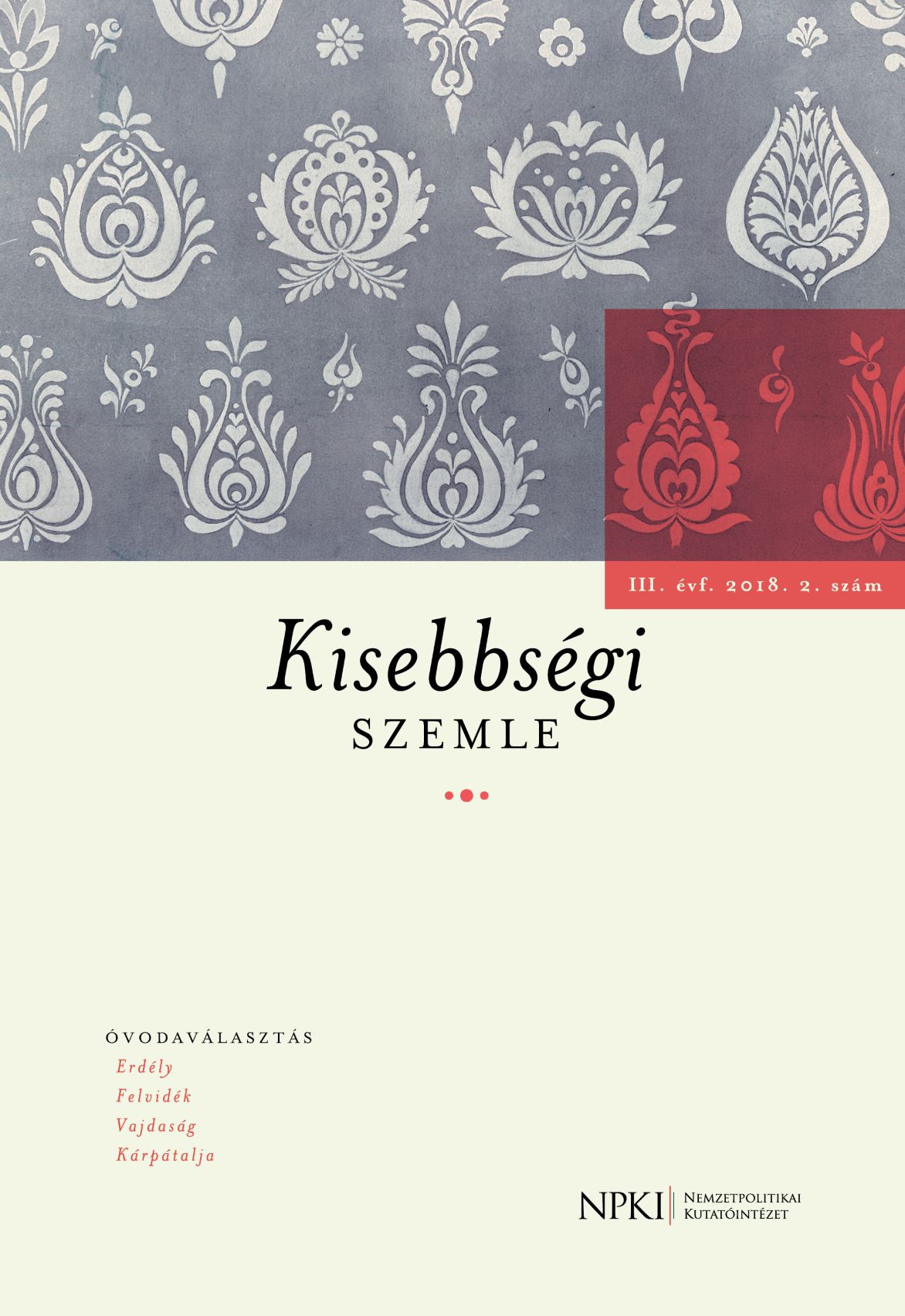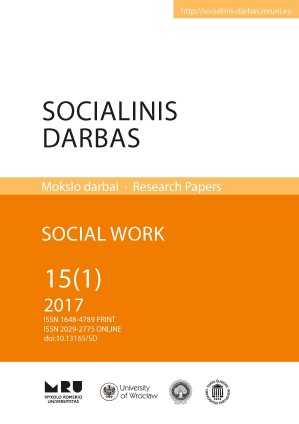
VERSLUMO KOMPETENCIJOS UGDYMAS PRADINIAME UGDYME
In international context the competence of entrepreneurship and its structural parts are regarded as underlying aims of education. Resources of developing entrepreneurship like any other competence are to be found in the early stage of education, i.e. primary education. However, although the European Union (EU) experts emphasize a need to start developing entrepreneurship in the pre-school age or during primary education, there is a great lack of experiences and the extent of scientific research. All this allows to pose a scientific problem which can be formulated in a question: what are the premises for developing entrepreneurship competence in primary education. Therefore the object of scientific research in this case is developing entrepreneurship competence in primary education. The aim of the article is to disclose development of entrepreneurship competence in primary education. The article presents the results of qualitative research carried out following theoretical premises of social constructivism. The main data collection method in the research is document analysis method, data processing methods include content analysis, comparison, and systematization. The key resource for the research is General Curriculum of Primary and Basic Education (2008) – the document on which all education in Lithuania, not only primary but also basic, is formally based. In order to process the research data obtained an open source qualitative research program “Kokybis” was used. In the practice of education in the EU countries two models of developing entrepreneurship are applied: education according to a special entrepreneurship development programme and integrating entrepreneurship development into education programmes of different subjects. It might be assumed that the choice of a model depends on the experience of a country and the concept of chosen entrepreneurship comprehension. There is no separate teaching subject intended only for developing entrepreneurship skills. However, in primary education entrepreneurship development is integrated into the content of separate subjects. In the general curriculum of primary education the concept of entrepreneurship is virtually not used but constituent parts of entrepreneurship development are integrated into general aims of education, interdisciplinary links, valuistic attitudes to be educated, creating educational environment; also, separate features important for entrepreneurship development and those expressing entrepreneurship competence are highlighted in the specific content of primary education.
More...
